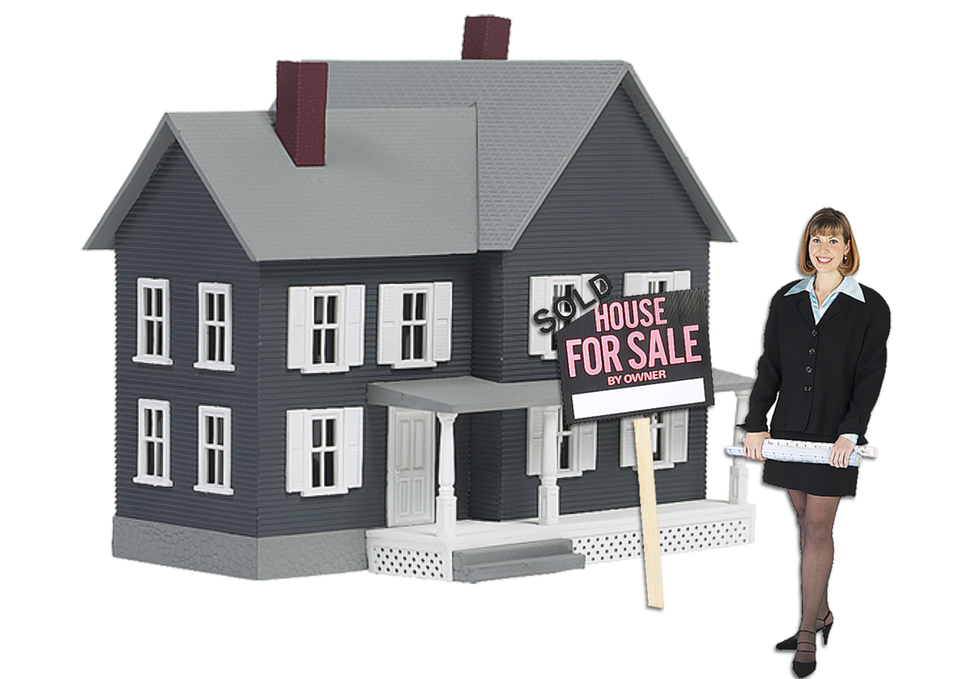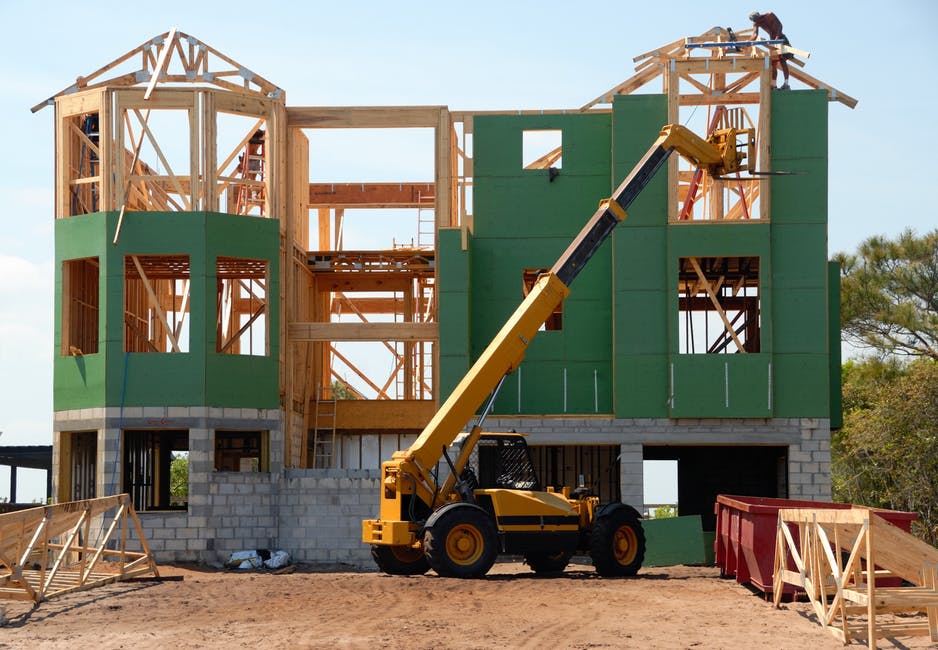Buying a home is undeniably one of the biggest purchases in life. When it comes to that point, it really makes sense to think through cautiously, especially if you’re a first-time buyer. Whatever the case, buying a new home can be a lengthy and detailed process. Especially given the fact that the housing market changes all the time.
Whether you are looking for a condo, turn-key or an underappreciated property, there are various things you need to take into account. Read on to learn more.
Contents
1. Starting Early Makes Sense
You’re not just going to wake up one day and use up your life’s savings to get your dream home. There is a volume of house hunters just like you looking for the best house the market has to offer. So, if you start the search sooner, you’re likely to get a better home quote and mortgage price.
You also need to understand that starting early is all about keeping yourself updated with the changes in the real estate market. For example, if you start the planning process early, you will be able to keep yourself aware of the up-and-coming neighborhoods, development projects and other new and exciting infrastructure that is sure to drive valuation and property prices higher in the next few years.
When sellers put their homes out for sale, they usually get offers in a matter of weeks. Also, they don’t like when their listings stay on the market for too long. Have a savings goal and commit to a monthly deposit amount to help you get the money for your downpayment. Ideally, it all depends on when you want to buy the home.
2. Compare Mortgages
Most buyers tend to assume straight off that a 30-year fixed mortgage is a right option for them. You want a mortgage that will pay dividends over the life of the mortgage. Take the time to use a comparison shop to review different mortgage plans from several providers before selecting one.
With mortgage rates ever-rising, they’re expected to be 4.6 percent in 2018 and about 5 percent in 2018. As a customer, you need to know the variety of mortgage plans out there. You want to prey those rates that are low and affordable. A low rate will make it easier for you to qualify for a loan and you’ll save thousands over the course of the loan.
3. Get the Buyer’s Package
Lenders are usually confident about buyers that come to them with a comprehensive package. Before you approach lenders, you want to put your best foot forward. Take it as a way of demonstrating stability and building a relationship from the start.
Before you start your house hunting, prepare yourself with a package of materials, such as a copy of your credit score, proof of funds, and pre-approval letter from the bank. If you’re working with a real estate agent to find Rochester NY houses for sale, for example, they’ll help you collect all the relevant documentation.
4. Plan Your Down Payment
This is one of the fundamentals of buying a new home. If you can afford to pay more than 20 percent in down payment, you can avoid paying mortgage insurance premiums. Determine the price range of the home you want to buy and be sure to save at least 20 percent of that amount as a down payment.
To save enough down payment, you can get a second job, downgrade your home or live with a roommate, and sell some stuff. Avoiding habits that require you to spend money regularly. With a down payment, the more you save, the better.
5. Location Matters
When considering a price range for your new home, location is one of the critical determinants. Ideally, home prices are far between depending on locations. For example, houses in the Midwest and South are more affordable. This is because you could get a 2-bedroom house for $250,000 in Chicago but you can get a 1-bedroom at the same price in Boston.
If you’re looking for something that’s a little bit down the price scale, you want to take location into account. Of course, it depends on where you want to live. For those who are not planning to stay in their new home for more than five years, it helps to get something cheaper and affordable.
Get the Right Home
Buying a new home doesn’t need to be a scary affair. Most people have done it, and you can do it, too. It all starts with making the decision and staying committed to your resolution. Check with friends, colleagues and family members who already bought a house to share their experience and tips.
Read More:





















